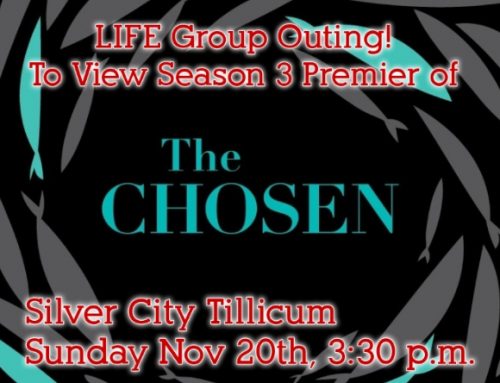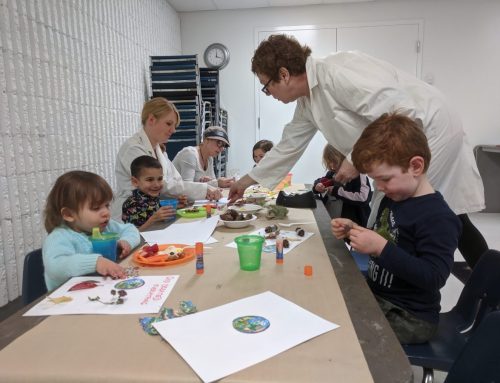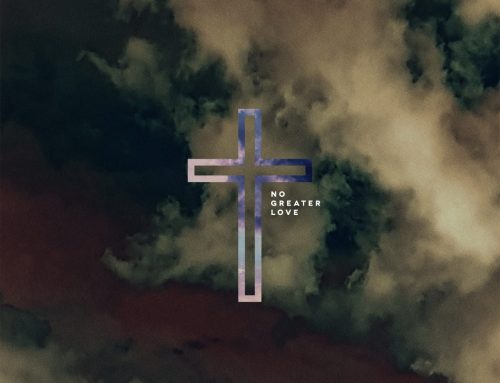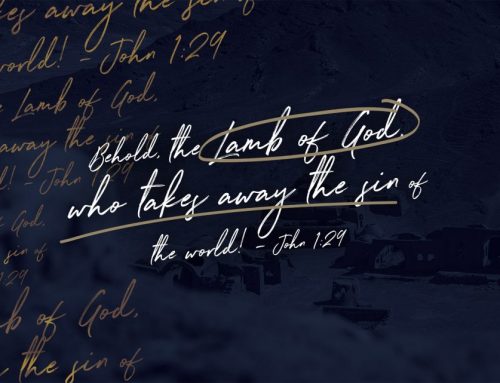By Mark Howell
I don’t know about you, but I need to be reminded about certain things on a regular basis. As I think through discipleship, here’s my current list of things I need to know…and never forget.
1. It’s important to know what we’re making.
It’s important to know what we’re making. Think about it. If you don’t have something in mind (or someone), how will you know you’re making the right thing?
This means we need a definition. And specifically we need a model, a person.
I like the Dallas Willard definitions.
“Disciples of Jesus are those who are with him, learning to be like him. That is, they are learning to lead their life, their actual existence, as he would lead their life if he were they.” (Renovation of the Heart, 241)
Willard went on to write:
“A mature disciple is one who effortlessly does what Jesus would do if Jesus were him.”
2. Only a disciple can make a disciple.
It takes a disciple to make a disciple. While I sometimes argue that anyone can host a small group (even a non-Christian), only a disciple can make a disciple.
Hopefully you can see it right away. Curriculum, video or otherwise, does not make disciples. If you want to make disciples in groups, you’re going to need a disciple or several in every group.
If you want to make disciples in groups, you’re going to need a disciple or several in every group
3. Real disciples make disciples.
Real disciples make disciples.
I think this is an important distinction. It means that if you’re not actively making disciples, you probably aren’t a disciple.
4. Disciples are rarely made in rows.
Disciples are rarely made in rows. From an environmental angle, a disciple is far more likely to made in a circle. After all, becoming a disciple has far less to do with digesting information (like in a class) and far more to do with spending time with those who are becoming like Him.
5. You don’t have to arrive before you begin making disciples.
You don’t have to arrive before you begin making disciples. You only have to be a step or two ahead. That means everyone can begin making disciples right away.
See Philippians 3:12-14 if you don’t believe me.
6. You don’t have to use curriculum to make disciples.
You don’t have to use curriculum to make disciples. The early disciples made it happen even before they had the New Testament.
7. You don’t become a disciple by completing a course or curriculum.
You don’t become a disciple by completing a course or curriculum. While some studies might be better at generating the kinds of conversations that open eyes and soften hearts, completing a study or a course isn’t like completing a degree program that qualifies you to use a title or certain letters after your name (like Reverend or Phd).
8. Completing a course or curriculum also doesn’t make you disciple maker.
Completing a course or curriculum also doesn’t make you disciple maker. You might earn a credential, but what makes you a disciple maker is that you’re actually making disciples.
9. Disciple-making takes time.
Disciple-making takes time. You can’t microwave a disciple. The process won’t be hurried. A real disciple is always becoming more like Jesus. It’s what gives the disciple-maker the opportunity to say, “here’s what the Lord is showing me right now.”
10. Everyone has an opportunity to invest in others.
Like the servants in Matthew 25, every one of us is given a personal opportunity to invest in others, “according to our ability.”
And we might not want to think about it, but each of us are accountable for how we steward the opportunity.
I actually think this is important enough to prompt a little reflection at the beginning (and end) of every day. Maybe to ask the questions, “What opportunities will I have today to invest in others?” and “How did I use the opportunities I had?”
Is this the most important thing we need to know?
“Make disciples” was Jesus’ final command.
It is often said that the last thing a great leader says is their most important command or instruction.“Make disciples” was Jesus’ final command. It was His marching orders to His disciples. It isn’t optional or reserved for those with the credential. It is a command for all of us.





































































































































































































































































































